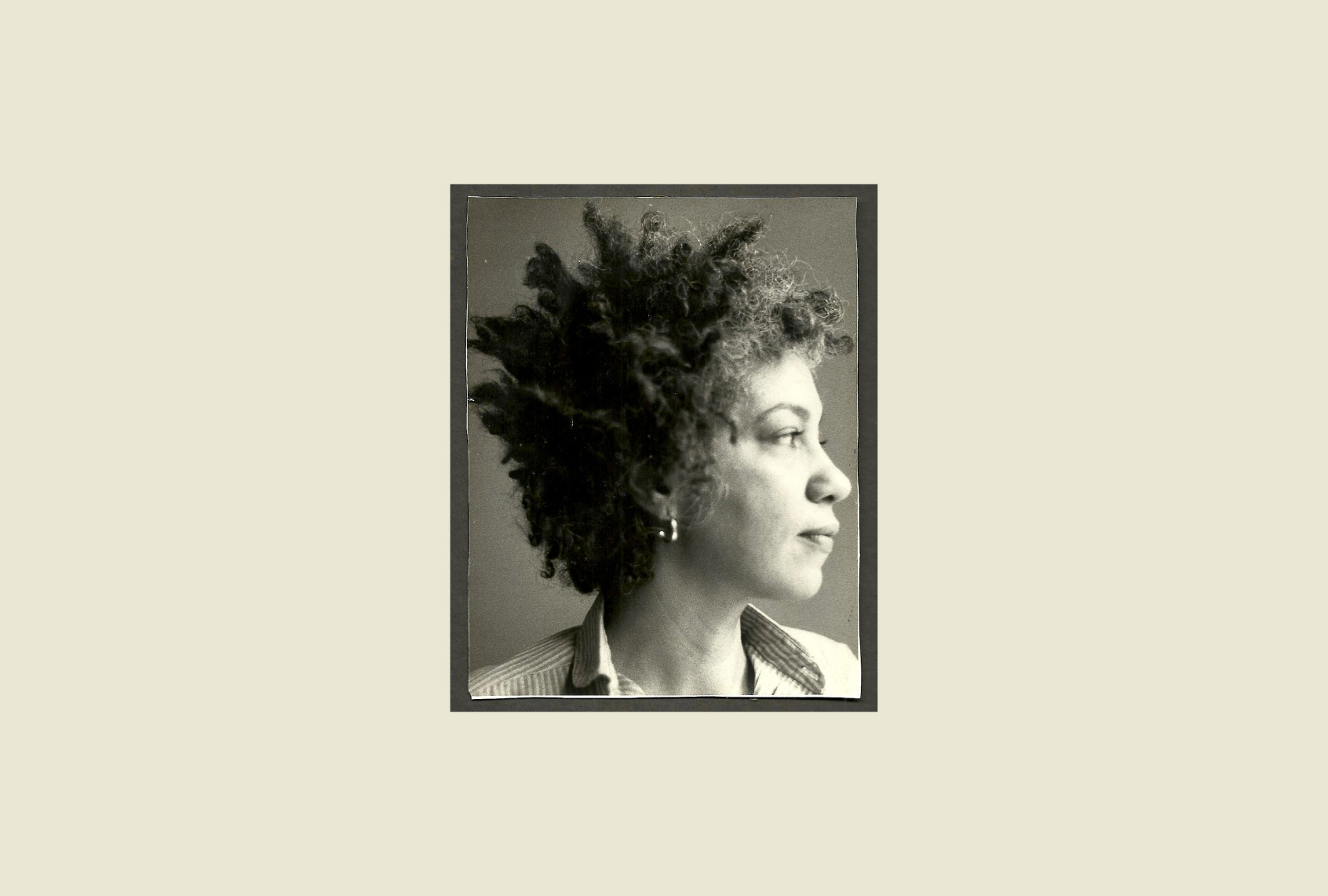A new anthology titled “This Unruly Witness: June Jordan’s Legacy” is set to be published on November 11, 2025. The collection honors the profound impact of poet, essayist, and activist June Jordan, showcasing her contributions to literature and her commitment to social justice. Edited by Lauren Muller, Becky Thompson, Dominique C. Hill, and Durrell M. Callier, the anthology features insights from notable figures such as Angela Davis, Naomi Shihab Nye, and E. Ethelbert Miller.
Jordan, who passed away in 2002, is remembered as a voice of courage and resilience. Her poetry and essays articulate the complexities of human experiences, often addressing issues of identity, race, and social justice. The anthology serves not only as a tribute but also as a reflection of her enduring influence on contemporary literature and activism.
Exploring Humanism Through Poetry
The anthology is divided into three sections, each interconnected by a theme of humanism. The editors curate a mosaic of narratives from those mentored by Jordan, illustrating her effective teaching style and her ability to provoke critical thought. In the foreword, Alexis Pauline Gumbs highlights Jordan’s lyrical voice, which intertwined political struggle with an ethic of love. This perspective is echoed throughout the anthology, emphasizing Jordan’s belief that poetry could educate and inspire change.
In her essay, “Puño en Alto! Libro Abierto!/ First Up! Book Open!: On Anti-Intellectualism, Literacy Brigades, and Revolutionary Consciousness,” Maria Poblet reflects on a conversation with Jordan regarding accessibility in poetry. Jordan challenged the notion that poetry should be simplified for the working class, stating, “Have you ever asked a working class teenager if she would rather be fed easier words or get an education that allows her to read any word she wants?” This insight reflects Jordan’s commitment to empowering her students through language and education.
The Personal and the Political
The anthology also includes personal reflections from Jordan’s former students, many of whom attended her renowned course, Poetry for the People, at the University of California, Berkeley. In “Between the Knuckle of My Own Two Hands: Learning from June Jordan,” Sriram Shamasunder recounts the impact of Jordan’s teachings during her battle with cancer. Shamasunder shares a poignant moment when she visited Jordan at home, revealing the emotional toll of criticism directed at Jordan from younger activists who misunderstood her comprehensive commitment to justice.
E. Ethelbert Miller, a close friend of Jordan, contributes an essay that categorizes her work into nine thematic areas, including Black studies, international affairs, and her experiences with cancer. His intimate perspective provides readers with a deeper understanding of how Jordan’s personal struggles informed her poetry and activism. In his analysis of “Moving Towards Home,” he emphasizes the interconnectedness of individual identity and broader geopolitical issues.
The anthology culminates in a conversation among Angela Davis, Prathiba Parma, and Leigh Raiford, which places Jordan’s work in a broader historical and cultural context. Raiford, a professor at UC Berkeley, notes that this dialogue serves as an opportunity to appreciate Jordan’s radical commitments and the impact of her vision on liberation movements.
As the world grapples with pressing social issues, the anthology reminds readers of Jordan’s legacy as a fearless advocate for justice and human rights. The editors encourage a reevaluation of how poetry can serve as a refuge and a call to action in times of need, emphasizing Jordan’s belief in the transformative power of words.
“This Unruly Witness: June Jordan’s Legacy” is poised to inspire a new generation of writers and activists, providing a roadmap for embracing morality while challenging injustice. In a time when empathy and understanding are essential, the anthology invites readers to reflect on the enduring relevance of Jordan’s work and what it means to be human in an often divided world.







